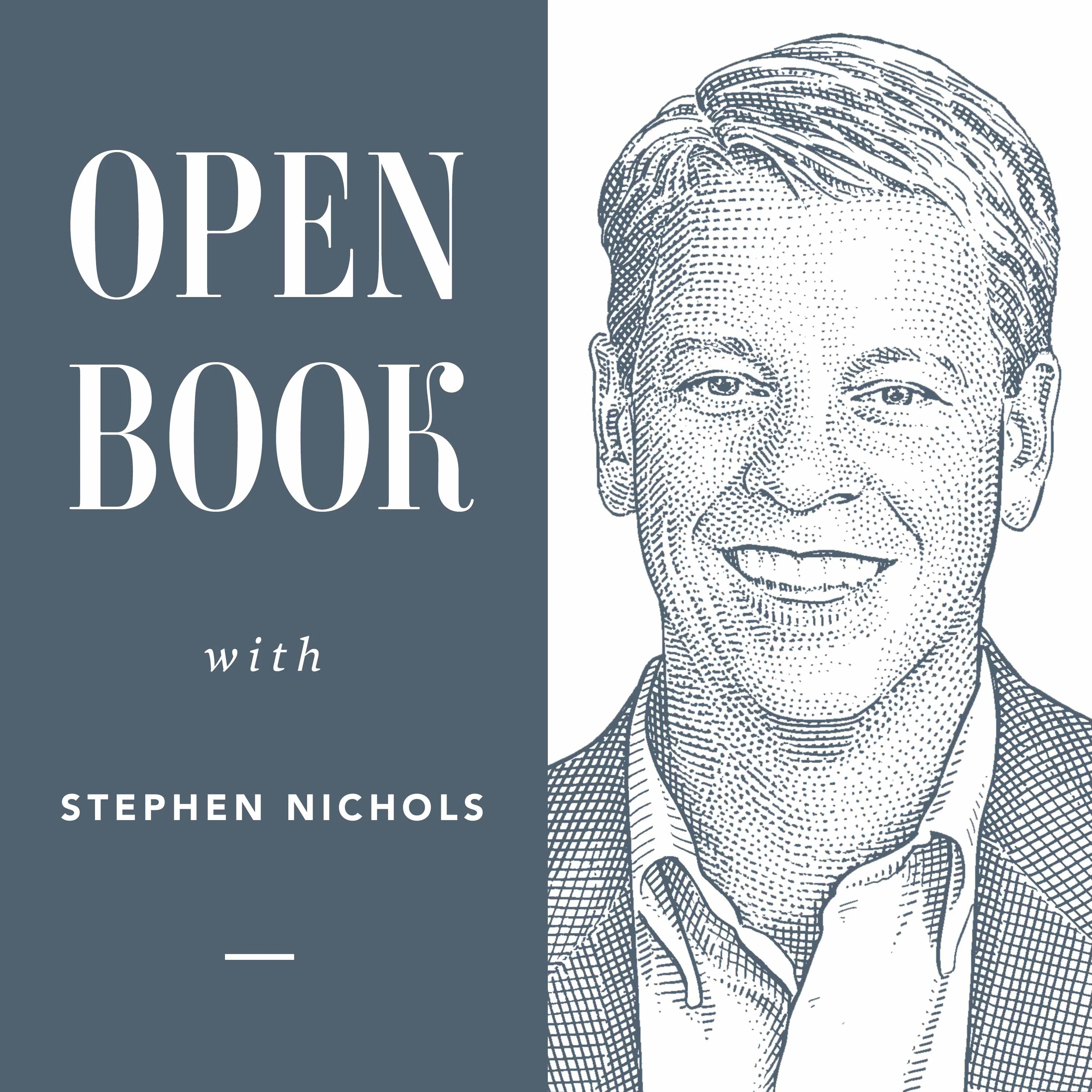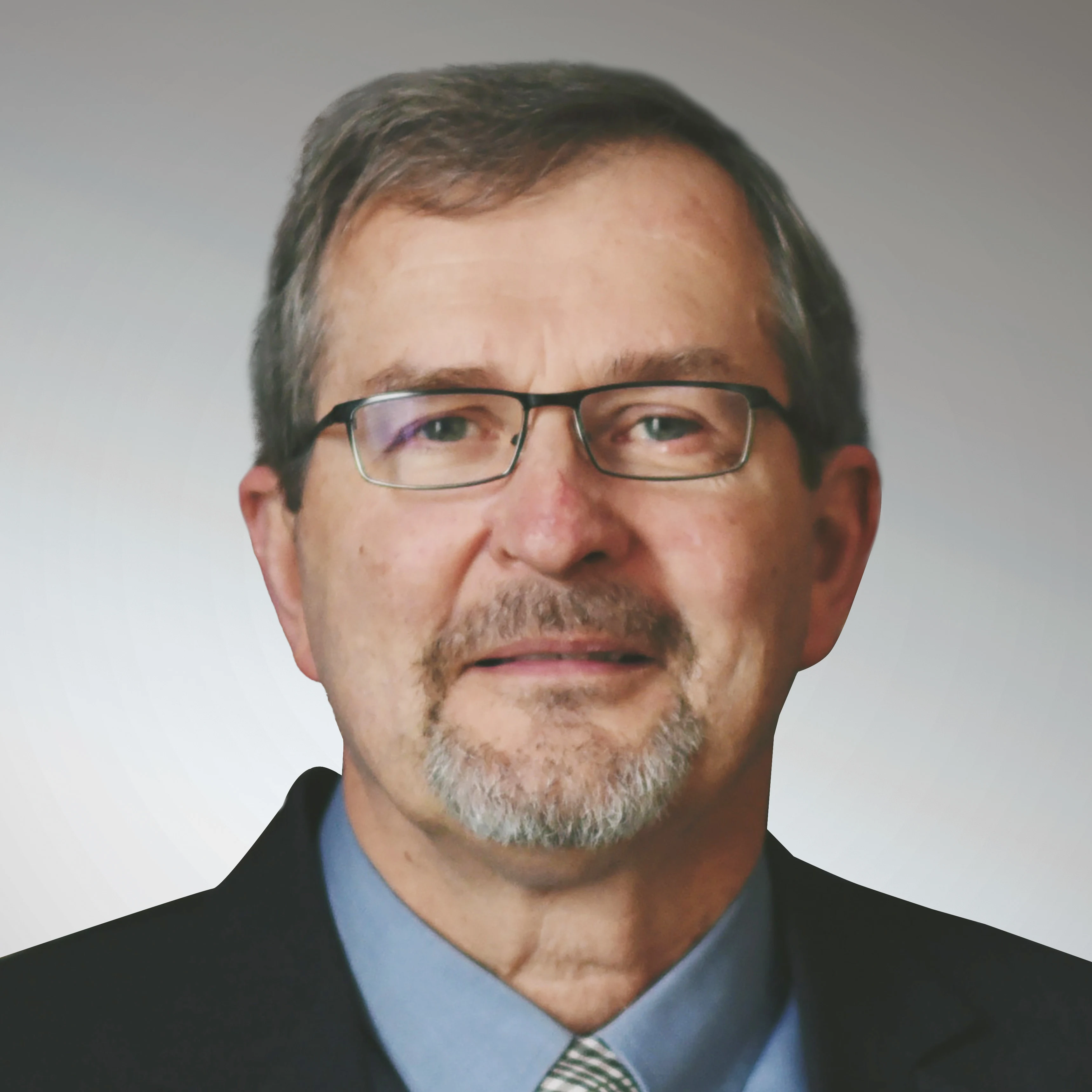Joel Beeke on Thomas Goodwin

What is one of the most precious yet underestimated doctrines in Reformed theology? In this episode of Open Book, Stephen Nichols and Joel Beeke speak on the strength and comfort we receive from Jesus' heavenly intercession for His people.
Dr. Stephen Nichols: Welcoming back to Open Book, Dr. Joel Beeke. We've mentioned this before—Dr. Beeke is the president of Puritan Reformed Theological Seminary. This is a seminary that you founded?
Dr. Joel Beeke: Yes, twenty-five years ago, actually, this year.
Nichols: Twenty-five years? Oh, wow. Well, congratulations on that milestone.
Beeke: Thank you.
Nichols: In addition to that, you also serve as a minister at Heritage Reformed Congregation, and both of these are here in Grand Rapids, Michigan. It's a beautiful summer day in Grand Rapids. You're also the founder and the editorial director of Reformation Heritage Books. Quite honestly, as I think about experiential Calvinism, your name just comes to mind. So, just grateful for your many labors, both in training ministers and in training scholars, and also making books available. It's a real joy to spend some time with you in a library that is just full of books, an office that's just full of books. You've got floor-to-ceiling bookshelves, right? And even the top shelf is full of things.
Beeke: These are just mainly my reference tools. My library's actually upstairs, and I've merged my 30,000 books with the seminary books.
Nichols: You've loaned your library to the seminary?
Beeke: Yeah, so they're all mixed in with the seminary's books, and on the calling card there'll just be a little JRB on the bottom. That belongs to me.
Nichols: That’s you. Well, that’s great.
Beeke: I love it when our students use my books, especially in the Puritan rare book room. I just love to see them use that room.
Nichols: There are some real treasures up there.
Beeke: Yes, it’s wonderful.
Nichols: Maybe we can sneak up there and talk about some of the treasures one of these days.
Beeke: Sounds good.
Nichols: Speaking of treasures, we had Bunyan, and then we had some Dutch names, but we’re going back to the Puritans now. I’m holding in my hands volumes four and five of the works of Thomas Goodwin. Why Goodwin, and why these two volumes in particular?
Beeke: Yes. Well, when I was a teenager, I found spiritual liberty through reading the Puritans. When I was fifteen years old—and Christ became very, very precious to me at that point—I really had thought up to that point, for about a year, that I was a reprobate vessel fitted for destruction. It was really the Puritans, most of all, who showed me how to look to Christ. But when I was seventeen, I read Christ the Mediator by Thomas Goodwin, and it just swept me away. The riches, the fullness of Christ, was just magnificent, and the depth of his exegesis was fantastic. Because of that fantastic read at the age of seventeen, I began to devour all of Goodwin. And later on—eighteen, nineteen—I read a lot of Owen, and a lot of people compare Goodwin to Owen. Ninety percent of my friends say Owen gets the best of it, but I tell you, I'm one of those minority. I still like Goodwin the best. I would vote for Goodwin. He just speaks to my heart. There's a spiritual depth in Goodwin. Owen's fantastic, don't get me wrong.
Nichols: Oh, sure. I totally understand.
Beeke: Goodwin resonates with my soul even more. And then, about five years ago, I reread Christ Set Forth in the Heart of Christ in Heaven, in volume four; Christ Our Mediator is in volume five. Those two Christological volumes, it's almost as if I had never read them. They spoke to me. Basically, what Goodwin is saying—and I've been thinking about this a lot, even in the last few years—is that it was to our advantage that Christ left earth and went to heaven, because now he can send his Spirit. He can be everywhere at once through his Spirit.
Nichols: This is John 14-16.
Beeke: Yes. Now in heaven, his heart can be all the more enlarged to us on earth, because of Hebrews 4:14-16, "This great high priest has passed into the heavens…He has been tempted in all points alike as we are, yet without sin. Therefore, we can come boldly to the throne of grace." He opens it up, and basically what he's saying is, you know that little nagging desire you have, if only I could have walked with Jesus here on earth? We've got something much more, because his heart is enlarged in heaven for us, and he can hear the faintest whisper and the faintest cry. He just opens it up in such a way that makes Christ so winsome, and such a high priest of compassion. You think when you read it, how could anybody stay away from Jesus? He's just amazing.
He calls it The Heart of Christ in Heaven to His Saints on Earth, and opens up also the intercessory ministry of Jesus, which I often tell my theological students is, I think, the most underestimated doctrine in the Reformed faith. Think about it, Steve. If Hebrews 7:25 is true, as Goodwin points out, that “He ever lives to make intercession for us,” and He's now infinite in glory, and He can treat every one of His children as if he's their only child, and yet can relate to them all at once; if He’s got that infinite capacity that Goodwin says He does, that means you can walk through today thinking every single moment, every tick of the clock, every second, “He’s praying for me.”
Nichols: “I have an intercessor.”
Beeke: “He's praying for me.” The comfort of this is unbelievable. When you come to your wits’ end, as Goodwin points out also, to your own prayers, and you say, "Oh, wretched man that I am! The good that I would, I don't do, the evil that I don't wish to do, I find myself doing," go to Him; and end with your poor prayers in His rich prayers, and He'll sanctify your poor prayers with assault of His own sufferings and with His own intercessory work, and He'll present it to the Father, sanctified and acceptable in His sight. This is the kind of stuff that Goodwin comes up with, and it's just so spiritually enriching.
Nichols: We're talking about the threefold office of Christ as prophet, king, and priest. You talk about Christ as priest in terms of making that once-for-all sacrifice. He sat down because He completed His work, but He also stands as our intercessor. He's both, right?
Beeke: Yes.
Dr. Stephen Nichols: The one-time atonement, sacrificial, sat-down, finished work; then he has this ongoing work of intercession. It's all bound up in this priesthood of Christ.
Beeke: Yes, and that's what Goodwin would say. Bunyan's got a little bit of a unique viewpoint on that. He says that when Christ is sitting down, he's still interceding, but that the standing up—that's an interesting thought of Bunyan—takes place when the believer is in great emergent need, it's like he stands up and…
Nichols: Gets to his feet.
Beeke: He bases it on Acts 7, Stephen. He saw him standing at the right hand of God when he was being stoned to death.
Nichols: That moment of crisis. That's great. Bunyan and Goodwin.
Beeke: Yeah, I think you can read too much into that.
Nichols: No, I hear you.
Beeke: But the point is, he's always interceding there for us. That's the point.
Nichols: I just want to go back and pick this up real quick. You were reading Goodwin at seventeen. Where did these books come from? Was this your father's library that you had access to?
Beeke: Yes. My father was an elder for forty years in the church, and he read the Puritans, and he collected one whole bookcase full of Puritans. I read that whole bookcase from fifteen to seventeen years old, late at night.
Nichols: Wow. So, you came by the reading of the Puritans rather early, and rather honestly?
Beeke: Yes, and I've been reading them ever since. I read a lot of other stuff, but I always try to keep one Puritan book going, because to me, I don't know, they just speak to my soul. The old language doesn't bother me, because I'm so used to it. One of my passions in life is to edit the Puritans into a more contemporary language and make them more accessible to people.
Nichols: Well, you have tens of thousands of volumes right up there that keep you company. Thanks. Really appreciate the time with you, Dr. Beeke.
Beeke: Thank you.
Nichols: I'm Steve Nichols, and you've been listening to Open Book, a podcast about the power of books and the people they've shaped. Help grow this podcast by sharing it with a friend or your family. Also, be sure to leave a review wherever you listen to the show. This is a great way to help others find the podcast. Please join us next week, as we'll be back in the library for another episode of Open Book.
Recent Episodes
Augustus Nicodemus Lopes on Renewing Your Mind
June 27, 2024|Theologians
Augustus Nicodemus Lopes on Pearcey and Thaxton’s The Soul of Science
June 20, 2024|Apologetics
Augustus Nicodemus Lopes on Ridderbos’ Paul: An Outline of His Theology
June 13, 2024|Biblical Theology
Augustus Nicodemus Lopes on Lloyd-Jones’ Preachers and Preaching
June 6, 2024|Christian Classics
Augustus Nicodemus Lopes on Spurgeon’s Lectures to My Students
May 30, 2024|Christian Classics
Augustus Nicodemus Lopes on Packer’s Evangelism and the Sovereignty of God
May 23, 2024|Christian Classics

